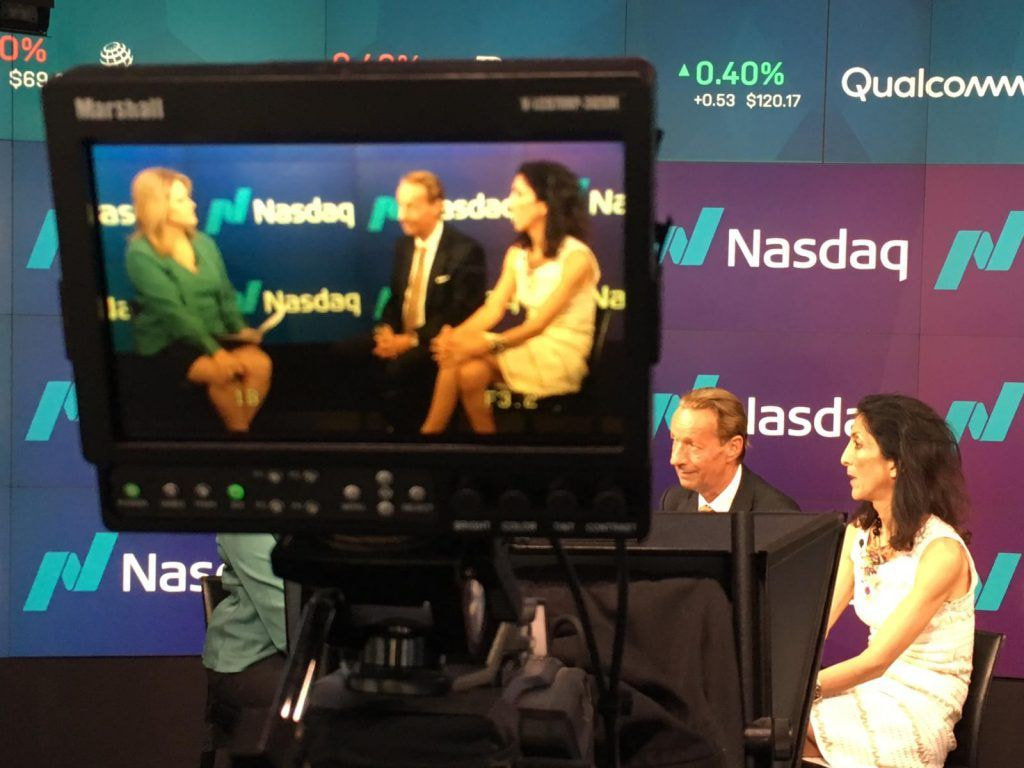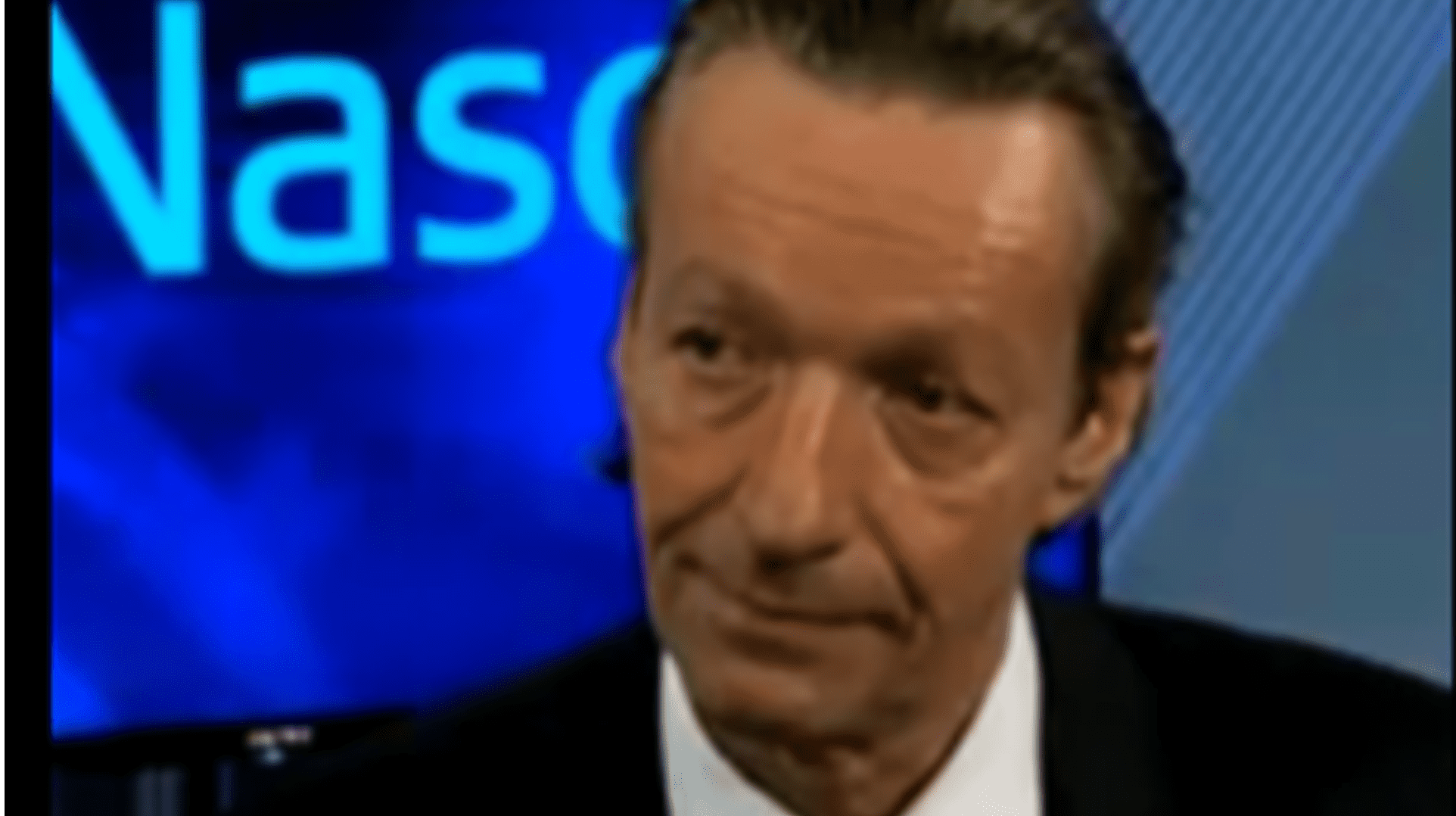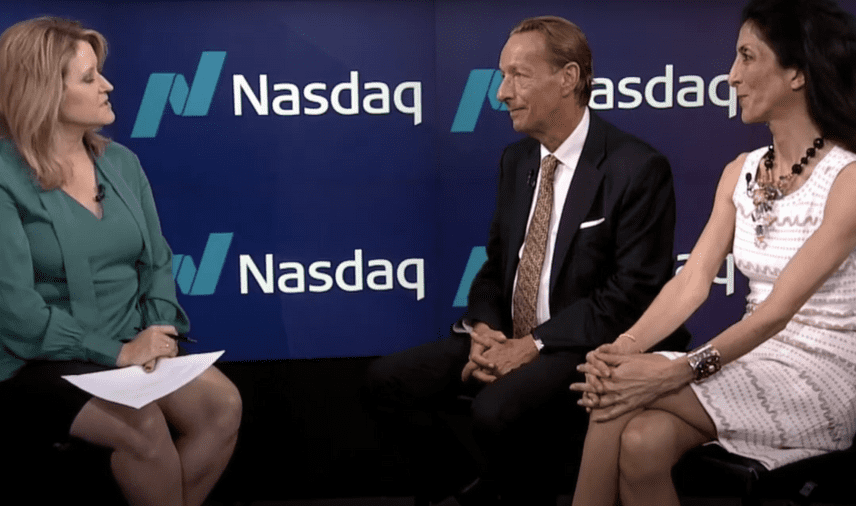Straight to the point:
Investing in low-Earth orbit (LEO) satellite networks is one of the most lucrative opportunities on Earth, offering early-stage investors unparalleled access to a rapidly growing global market.
The near future and broader potential of low-Earth orbit (LEO) and high-Earth orbit (HEO) technologies for global connectivity promise significant shifts in communication networks, with implications for individuals, businesses, governments, and investors.
Overview:
For the first time, Elon Musk’s 70-meter-long rocket booster successfully executed a complex landing maneuver, aligning itself precisely into a tower’s arms at SpaceX’s launch site in Texas. This milestone, completed during a successful hour-long test flight of the world’s largest rocket, “Starship,” showcases SpaceX’s strides toward reusable space technology. Standing 120 meters tall and capable of carrying over 100 tons of payload, “Starship” is designed for future human missions to the Moon and Mars. Musk noted this as a “big step toward multiplanetary life.” With Donald Trump as president, such advancements could inspire people all over the world considering extraterrestrial aspirations.
With LEO’s ability to provide low-latency, high-speed connectivity to underserved and remote regions, it is poised to revolutionize industries from telecommunications to IoT, healthcare, and national security. LEO’s scalability, reliability, and the potential for recurring revenue through private networks for enterprises and governments make it a game-changer. As global demand for seamless, secure, and fast internet access skyrockets, early investors in LEO networks stand to benefit from massive long-term returns, as they help power the future of global connectivity.
Here’s an in-depth look at LEO’s benefits, the potential for a private space network, and a comparison with HEO technology.
In-depth description
1. The Rise of Low-Earth Orbit (LEO) Networks
LEO networks operate at altitudes of about 180 to 2,000 kilometers (112 to 1,243 miles) above Earth, much closer than high-Earth orbit (HEO) satellites, which include geostationary orbits (GEO) that are positioned around 35,786 kilometers (22,236 miles) above Earth. Companies like SpaceX, Amazon (Project Kuiper), OneWeb, and others are developing and deploying LEO constellations to create a global low-latency network, specifically optimized for real-time applications.
Benefits of LEO Networks for Connectivity
Low Latency: LEO satellites, due to their proximity to Earth, offer much lower latency than HEO satellites. This makes them ideal for real-time applications such as voice communication, online gaming, telemedicine, high-frequency trading, and other latency-sensitive business applications.
Global Coverage: LEO constellations can blanket the Earth, covering remote and underserved areas that lack traditional broadband infrastructure. This opens opportunities to bring connectivity to millions of people and businesses in rural or hard-to-reach locations.
Scalability and Redundancy: LEO networks consist of large satellite constellations (often hundreds or thousands of satellites), which provides redundancy. If one satellite fails, the network automatically reroutes data to other satellites, ensuring service continuity.
Resilience and Adaptability: With a mesh of interconnected satellites, LEO networks are inherently resilient to outages and physical damage that might impact terrestrial infrastructure. For enterprise and government sectors, this offers an appealing solution for secure and adaptable communications, especially in disaster scenarios.
2. A Private Space Network for Enterprise, Government, and Individuals
A private LEO network exclusively for enterprise and government use could fundamentally transform global communications. Such a network would provide reliable, secure, and high-speed connections to support critical infrastructure, enabling government agencies, defense organizations, financial institutions, and enterprises to operate seamlessly across borders and in remote or underserved areas. Here’s why a private LEO network would be advantageous:
Advantages for Enterprise & Government
Enhanced Security: With a private network, sensitive data can be secured from the ground up, with custom encryption and network protection. This is critical for sectors that handle sensitive information, like government agencies, financial institutions, and healthcare organizations.
Tailored Performance and Prioritization: A private network can offer prioritized access and dedicated bandwidth for enterprise and government customers, guaranteeing performance during peak times or in high-demand areas.
Low Latency & Real-Time Data Transfer: Real-time data transfer enables advanced applications, including drone coordination, autonomous vehicle management, and Internet of Things (IoT) networks. This could significantly benefit industries from logistics and manufacturing to healthcare and national security.
Global Interoperability: A single network architecture that’s globally accessible removes the complexities of dealing with regional providers and varying connectivity standards, helping multinational businesses operate efficiently across borders.
Edge Computing Integration: By coupling LEO networks with edge computing, enterprises and governments can process data closer to the point of origin. This combination reduces latency further and improves the performance of AI-driven applications.
Advantages for Individual Users
Remote Work and Digital Inclusion: With more people working from anywhere, a LEO network can ensure individuals have access to reliable, high-speed internet, regardless of their location. This has far-reaching implications for digital inclusion and economic growth in developing regions.
Enhanced Communication Tools: Low-latency LEO networks would improve real-time applications like video conferencing and cloud gaming, making them accessible worldwide.
3. LEO vs. HEO: Strategic Differences and Value for Investors
High-Earth orbit (HEO), including geostationary (GEO) satellites, serves as a stable, high-capacity solution for broadcast and long-term connectivity needs. Here’s how LEO and HEO compare and why they’ll complement rather than replace each other:
Strengths of HEO (GEO) Networks
Broad Coverage with Fewer Satellites: One GEO satellite can cover large swaths of the Earth, making it cost-effective for wide-area broadcasts, such as television or weather monitoring, and long-haul communications.
Stable, Predictable Orbits: GEO satellites are ideal for applications requiring constant coverage over specific regions (e.g., television, internet backhaul).
Best Suited for Large Corporations: HEO technology supports global companies with stable, high-capacity communication needs but with a trade-off in latency. GEO satellites are also well-suited for maritime, aviation, and IoT networks requiring broad coverage but where ultra-low latency is not essential.
LEO’s Unique Value Proposition
Investment Opportunity in a New Market Segment: LEO networks open up entirely new use cases and revenue streams, especially in real-time applications. This makes LEO an attractive investment for companies aiming to capitalize on the growing need for high-speed, low-latency connectivity.
Differentiated Customer Base: While GEO is ideal for large-scale, less latency-sensitive applications, LEO is better suited for consumers, small-to-medium businesses, government agencies, and enterprises needing high-speed, low-latency, and globally accessible communications.
Potential for Recurring Revenue: LEO-based subscription models for enterprises and government could provide a consistent revenue stream, as organizations pay for reliable, high-performance connectivity on an ongoing basis.
4. Investor Outlook: Why LEO Holds High Potential
Investing in LEO technology provides access to a rapidly expanding connectivity market. Analysts anticipate that the global satellite internet market, largely fueled by LEO, will experience substantial growth over the next decade, driven by:
Enterprise Adoption: Private LEO networks offer highly secure and customizable connectivity, appealing to sectors like finance, national security, healthcare, and logistics.
Rural and Emerging Market Connectivity: With potentially billions of people and businesses still offline, LEO networks provide an opportunity to serve these areas and create vast new markets.
Partnerships with Governments: Governments in many regions are partnering with private space companies to boost digital infrastructure. By investing in LEO technology, companies can access government contracts and grants aimed at bridging the digital divide.
Growth of the Internet of Things (IoT): The low-latency characteristics of LEO are advantageous for IoT deployments, supporting sectors such as transportation, energy, agriculture, and smart city infrastructure.
Summary
The near-future landscape for orbital connectivity will likely feature both LEO and HEO networks serving complementary roles. However, LEO technology has transformative potential for creating a global, low-latency network that democratizes access to high-speed internet and supports real-time applications for enterprises, governments, and individuals.
A private LEO network optimized for enterprise and government use is an innovative opportunity for investors, promising high returns in sectors that need secure, flexible, and reliable global communication. This strategy could bring significant social and economic benefits, from bridging the digital divide to enabling cutting-edge industries and enhancing national security.
BY JACQUELINE J. YILDIRIM, THOMAS GÜTERMANN & GISBERT REUTER.






